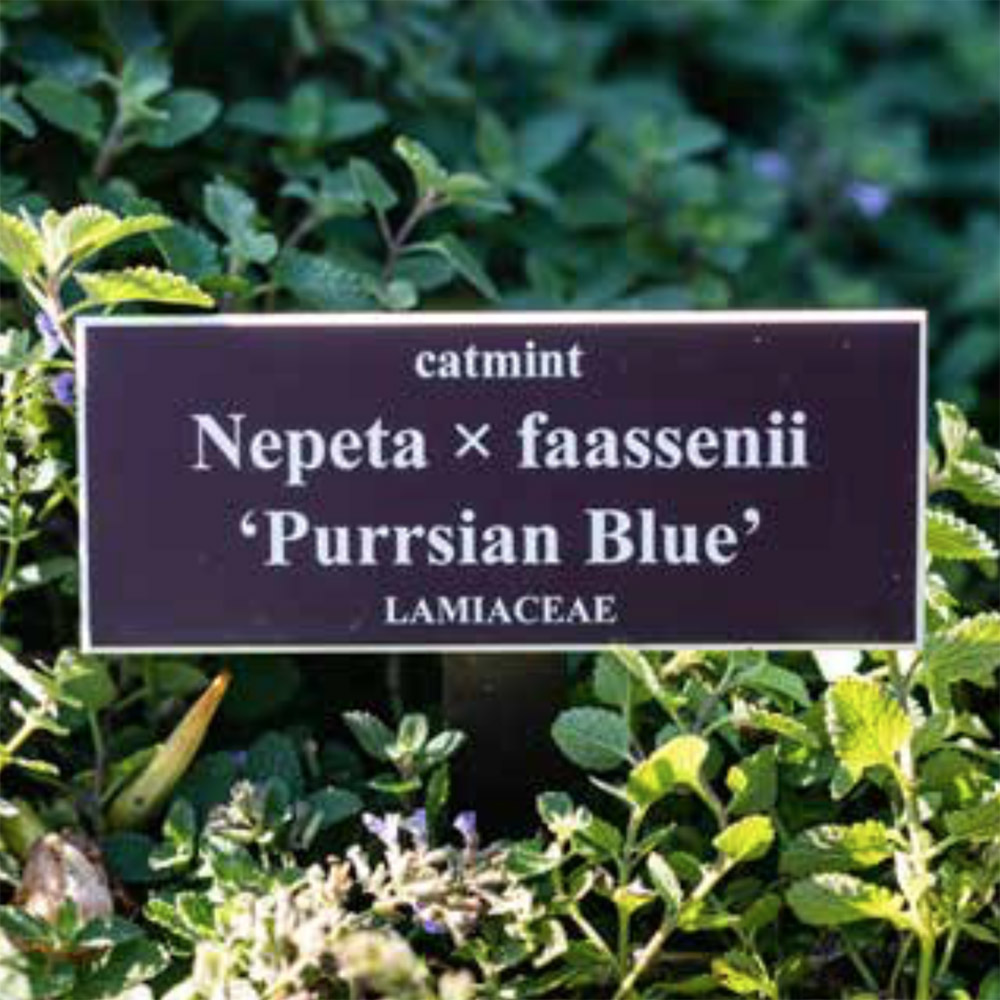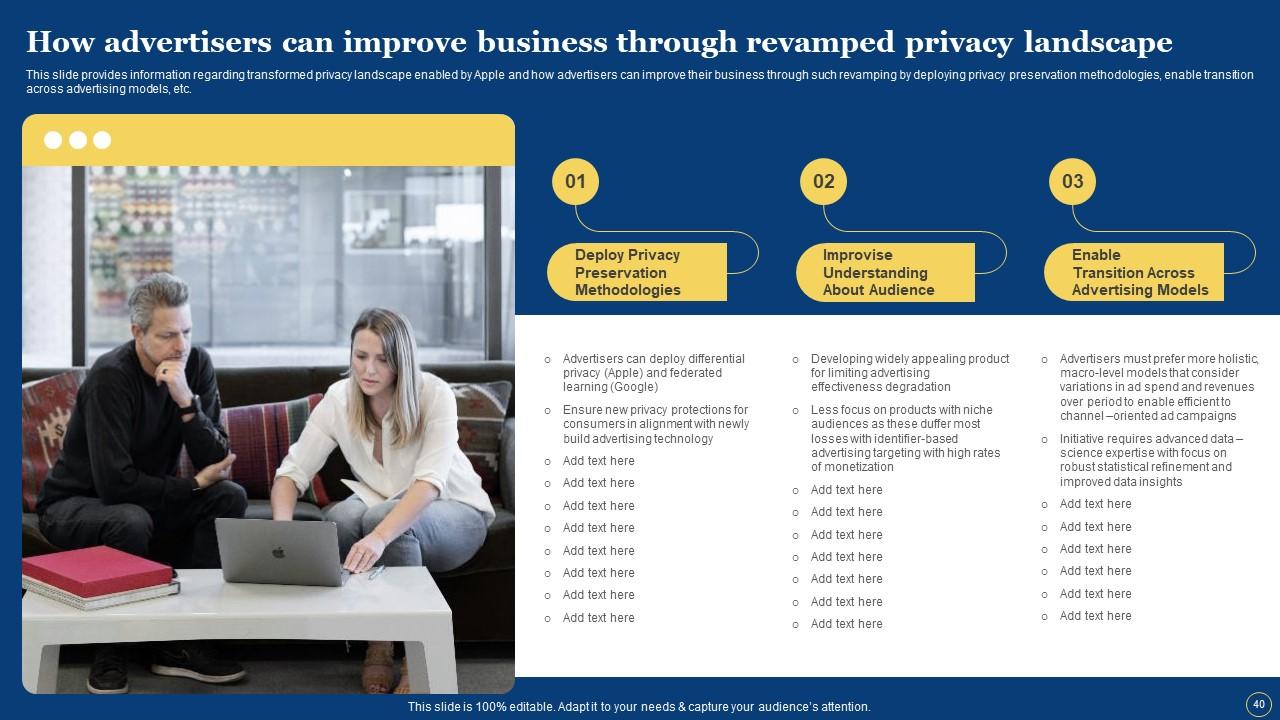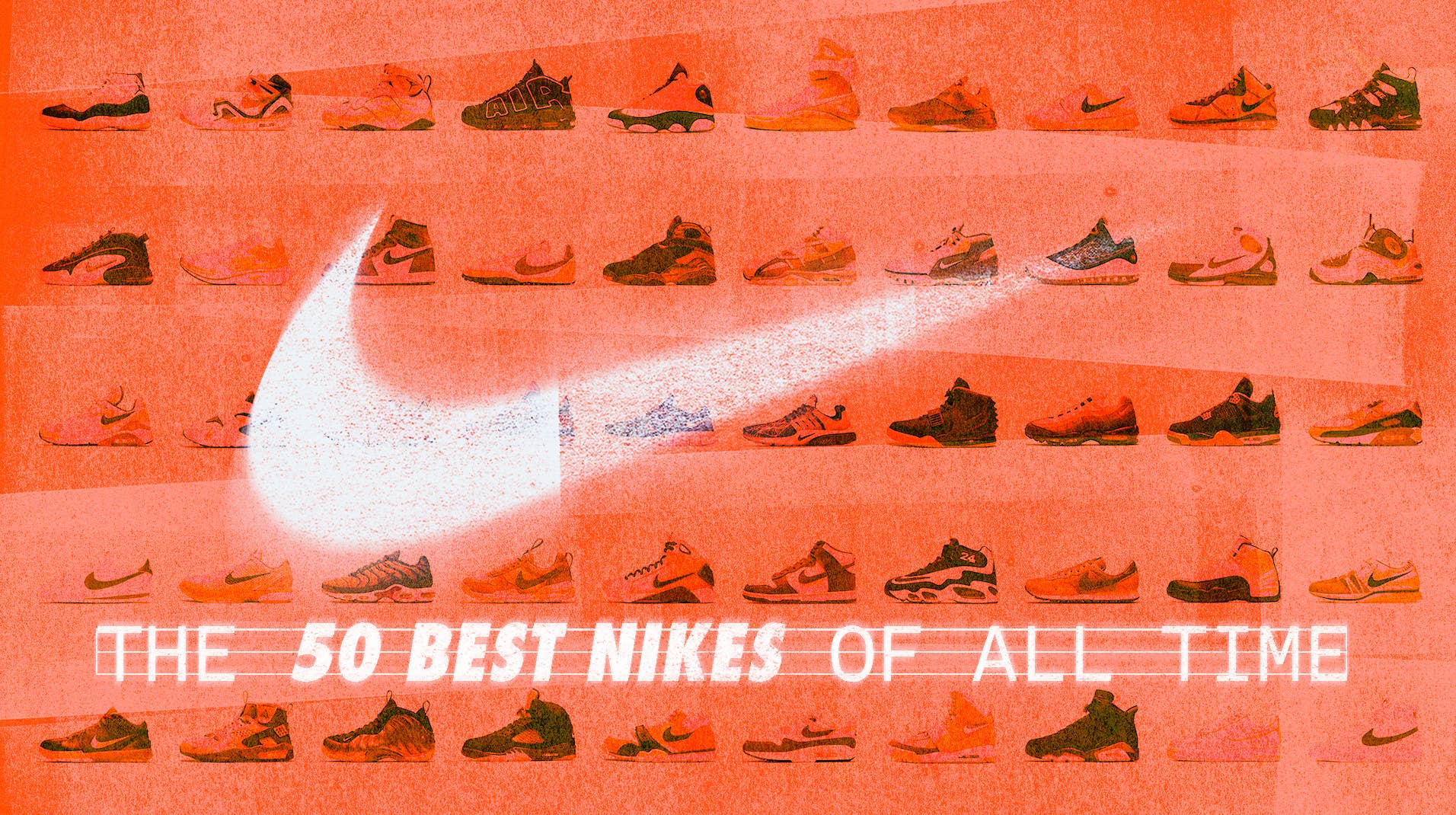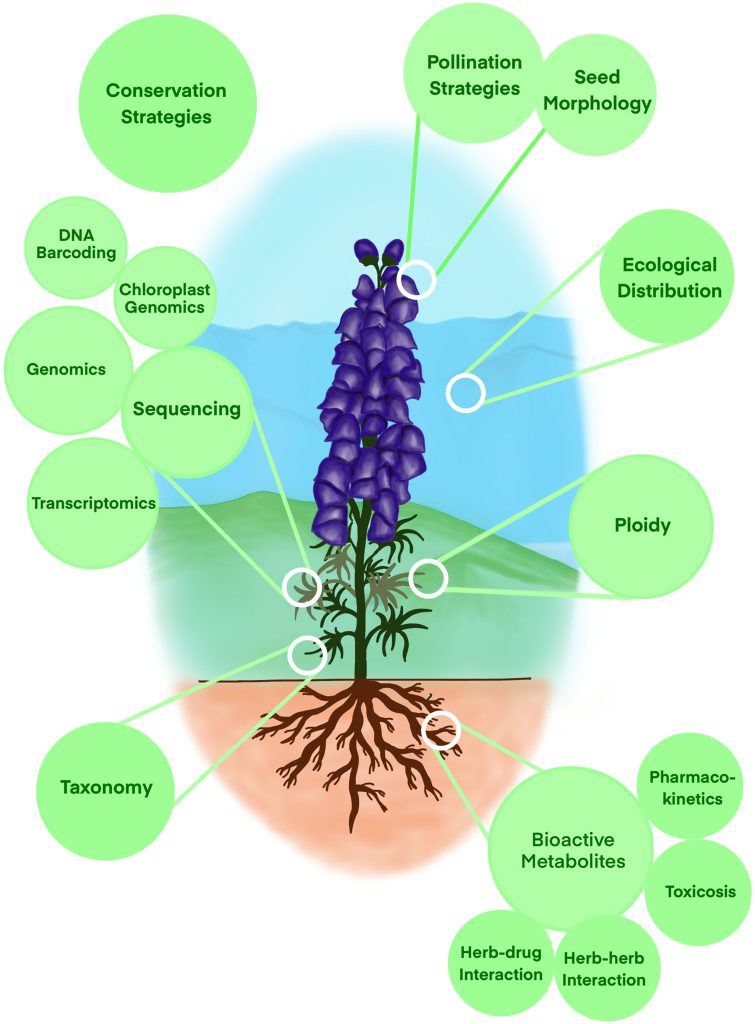Degrading nicknames are harmful and disrespectful labels that can damage self-esteem and relationships. These names can be insidious and cause emotional harm.
Additionally, they perpetuate negative stereotypes and reinforce harmful power dynamics. It’s crucial to address and eliminate the use of degrading nicknames to promote healthy interactions and respect among individuals. Setting boundaries and communicating openly about the impact of such names is essential in creating a positive and supportive environment.
Let’s explore the damaging effects of degrading nicknames and how we can foster a culture of kindness and respect in our interactions.
Table of Contents
ToggleImpact Of Degrading Nicknames
Degrading nicknames can have a significant impact on individuals’ emotional well-being and self-esteem. When someone is constantly referred to with negative and derogatory names, it can have long-lasting effects on their mental health and overall self-image.
Negative Emotional Effects
Degrading nicknames can lead to a range of negative emotional effects. Individuals who are consistently called derogatory names may experience feelings of sadness, anger, humiliation, and embarrassment. The constant exposure to such negativity can chip away at their emotional resilience and make them more susceptible to stress and anxiety.
Moreover, being subjected to demeaning labels can trigger feelings of worthlessness and shame. These emotions can further contribute to a negative self-perception and make it difficult for individuals to maintain healthy relationships and social connections.
Contribution To Low Self-esteem
Degrading nicknames can have a profound impact on an individual’s self-esteem. When someone is repeatedly referred to with disrespectful and belittling names, this can erode their self-confidence and self-worth. They may internalize these negative labels and start believing that they are not worthy of respect or love.
This can lead to a vicious cycle where low self-esteem affects various aspects of an individual’s life. They may struggle with asserting themselves, setting boundaries, and pursuing their goals and ambitions. Their perception of their own abilities and potential may become distorted, hindering their personal growth and development.
Additionally, low self-esteem can impact an individual’s mental and physical health. It can contribute to feelings of depression, anxiety, and social withdrawal. It can also affect their day-to-day functioning, leading to difficulties in school, work, and interpersonal relationships.
In conclusion, degrading nicknames have a significant impact on individuals’ emotional well-being and self-esteem. They can cause negative emotional effects and contribute to low self-esteem, ultimately affecting various aspects of an individual’s life. It is crucial to promote respect and kindness, and to discourage the use of derogatory labels that can harm others.
Types Of Degrading Nicknames
Degrading nicknames come in various forms, including those that belittle a person’s character, appearance, or abilities. Common examples include derogatory terms related to body size, intelligence, or gender. These words can be hurtful and damaging to one’s self-esteem and should be avoided in respectful communication.
Insults Based On Physical Appearance
Physical appearance-based insults target one’s external features or body size.
Insults Based On Gender
Gender-based insults demean individuals based on their gender identity.
Insults Based On Intelligence Or Abilities
Intelligence or abilities-focused insults belittle one’s intellectual capacity or skills.
Degrading nicknames come in various forms depending on the aspect they target. These nicknames could be particularly hurtful and damaging. Let’s delve into the different categories of degrading nicknames:
Examples Of Degrading Nicknames
In romantic relationships, degrading nicknames can be extremely damaging. Calling your partner derogatory names like “bitch,” “pathetic,” or “coward” can erode their self-esteem and create a toxic environment.
Among friends, degrading nicknames may seem like harmless banter, but they can have long-lasting effects. Terms like “twat-waffle,” “slap-dick,” or “bitch-ass” can degrade self-worth and negatively impact friendships.
Online communities often see the use of dehumanizing nicknames, especially in anonymous interactions. Terms like “fat tits,” “titty boy,” and “F-slur” perpetuate a culture of disrespect and can cause emotional harm.

Credit: www.nybg.org
The Psychology Behind Degrading Nicknames
Degrading nicknames have a deep psychological impact on individuals, shaping their self-perception and affecting their relationships. Understanding the psychology behind why people use such language is crucial in addressing the harmful effects it can have on an individual’s mental and emotional well-being.
Effects Of Degrading Language
Degrading language can lead to a range of negative effects on individuals. These include:
- Low self-esteem: Constant exposure to degrading nicknames can cause individuals to internalize negative beliefs about themselves, leading to feelings of worthlessness and a diminished sense of self-worth.
- Anxiety and depression: The use of degrading language can contribute to the development of anxiety and depression, as individuals constantly feel belittled and devalued.
- Emotional trauma: Degrading nicknames can inflict emotional trauma, leaving lasting scars on an individual’s psyche.
- Strained relationships: The use of derogatory language can strain relationships, as it erodes trust, respect, and communication.
- Negative self-image: Degrading nicknames can shape an individual’s perception of themselves, leading to distorted and negative self-images.
Power Dynamics And Control
One of the underlying reasons behind the use of degrading nicknames is the desire for power and control over others. By using such language, individuals exert dominance and assert their superiority. This power dynamic can be seen in various contexts, such as:
- The workplace, where individuals with authority may use degrading nicknames to humiliate and belittle subordinates, further establishing their hierarchy and control.
- In interpersonal relationships, where one person may use degrading language to manipulate and control their partner, asserting dominance and undermining their self-confidence.
- Within social groups, where individuals may use derogatory nicknames to enforce social hierarchies and establish dominance over others.
It is important to recognize and challenge these power dynamics in order to create a more respectful and inclusive environment, where individuals are not subjected to the psychological harm caused by degrading nicknames.
Impact On Relationships
Degrading nicknames can significantly affect relationships, leading to various repercussions and challenges. These derogatory terms can erode trust and hinder effective communication, posing obstacles to maintaining healthy and positive interactions.
Breakdown Of Trust
Demeaning nicknames can sow seeds of doubt and insecurity within relationships. They create a toxic environment where individuals feel disrespected and undervalued, ultimately breaking down the foundation of trust that is essential for a strong bond.
Communication Issues
Using degrading names can result in communication barriers, causing misunderstandings and conflicts. When individuals feel belittled or demeaned, they may struggle to express themselves openly, leading to a breakdown in effective communication and emotional connection.

Credit: www.slideteam.net
Promoting Respectful Communication
Respectful communication is the foundation of any healthy relationship. It fosters understanding, empathy, and trust between individuals. When it comes to nicknames, it is important to promote respectful communication and avoid using degrading or offensive terms. Open dialogue and setting boundaries are crucial aspects of ensuring respectful communication.
Open Dialogue
Open dialogue is the key to addressing any concerns or issues that may arise in a relationship. It provides an opportunity for both parties to express their thoughts, feelings, and expectations. When it comes to degrading nicknames, initiating an open dialogue allows individuals to understand the impact of such language on their partners or friends.
During open dialogue, it is important to be patient and listen actively, ensuring that each person feels heard and understood. This creates a safe space for honest conversations and facilitates the growth of respectful communication.
Setting Boundaries
Setting boundaries is essential in preventing the use of degrading nicknames. Boundaries define what is acceptable and what is not in terms of language and behavior. When it comes to nicknames, individuals should discuss and establish boundaries that promote respect and dignity.
Effective boundary-setting involves clear communication and mutual agreement. Both parties should feel comfortable expressing their limits and ensuring that they are respected. Setting boundaries helps create a supportive and respectful environment where degrading nicknames have no place.
By promoting open dialogue and setting boundaries, individuals can foster an atmosphere of respectful communication. This not only ensures that degrading nicknames are avoided but also strengthens relationships and promotes understanding and empathy between people.

Credit: www.complex.com
Frequently Asked Questions For Degrading Nicknames
What Are Some Degrading Nicknames For Men?
Degrading nicknames for men can include derogatory terms like “pathetic,” “weak,” and “sorry excuse for a man. ” Using such names can be hurtful and disrespectful to individuals.
What Are Some Degrading Nicknames For Women?
Degrading nicknames for women can be offensive and dehumanizing, including terms like “bitch,” “fat tits,” and “slut. ” It’s important to avoid using such derogatory terms as they can be emotionally harmful.
How Should I Respond To Degrading Nicknames?
If someone calls you degrading names, it’s crucial to set boundaries and express how their words impact you. Communicate assertively to address the hurtful behavior and seek support if needed. Remember, it’s okay to stand up for yourself.
Conclusion
In a world where words hold power, let’s choose respect over degradation. Our choice of nicknames reflects our values and shapes relationships. Let’s uplift each other with kindness and positive affirmations. Words matter, let’s use them wisely to build each other up.

Mother of Two children. I’m a former teacher with a background in child development and a passion for Good parenting. I understand child development and know how to develop activities to help children learn and grow. Spare time, I enjoy spending time with my family, reading, and volunteering in my community. Read More








